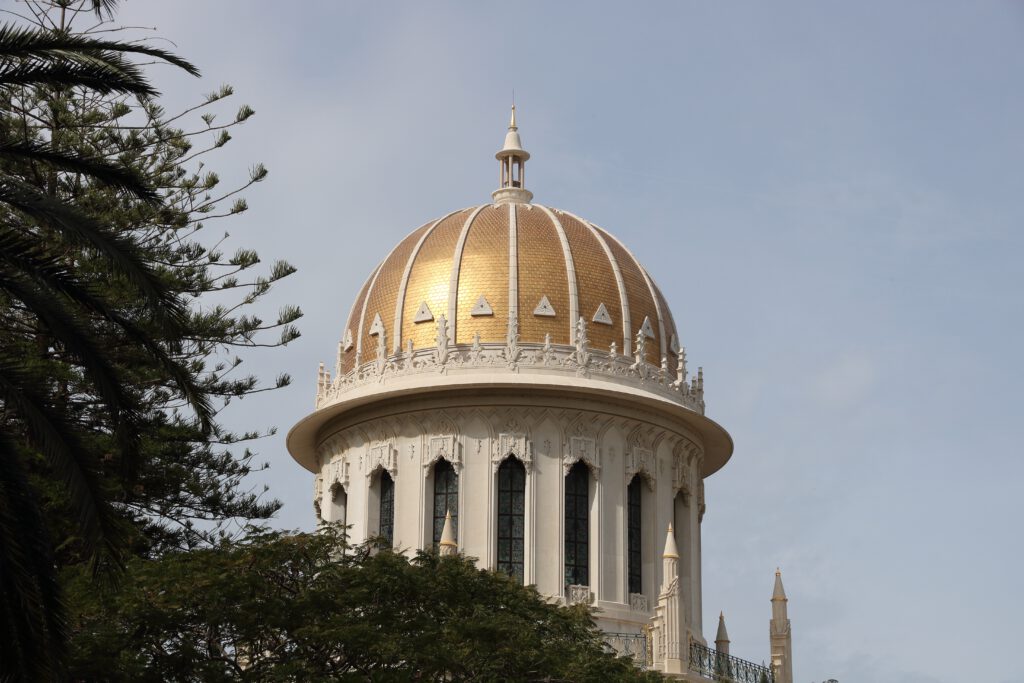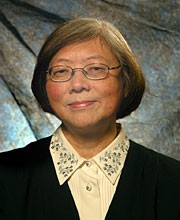MY FORMATION AS A RELIGIOUS EDUCATOR, OR HOW I ENTERED THE HOUSEHOLD OF RELIGIOUS EDUCATION (a la Browning and Foster)
Preamble re identity and context: I write as a member of that part of the Christian community known as Reformed/Protestant that employs a terminology of “Christian Education” and that asserts the centrality of the [Christian] scriptures, in a Canadian denomination (The United Church of Canada) that combined several [Christian] faith traditions in its union in 1925. My personal identity includes constructed specificities of gender, race, culture (Chinese in origin but educated bilingually in a British colonial system), and of a post-migration and “visible minority” existence in North America, with increasing awareness of a culturally and religiously plural and globally connected world.
-
The passion that moved me into this field for a lifetime of work:
My passion stemmed from early engagement in church-based educational ministry that integrated hands-on teaching with writing CE and mission education curricular materials for my denomination and in its leadership training. This soon moved to theological education and ministerial training/educational formation for future clergy and scholars in an ecumenical consortium (the Toronto School of Theology, mid-1990s to date). Over the years, APRRE and REA provided not only the mentorship and intellectual stimulus of colleagues, but opportunity to reflect on and pursue research in nagging questions and issues. This is resulting, as the next sections indicate, in a cross-disciplinary scholarship and a feminist, resistant, postcolonial and hopefully liberative pedagogic practice that both nurture and challenge continuing growth. -
Major intellectual influences include the following:
• In Education- Paulo Freire and others in critical pedagogy and popular education;
• Feminist theory and analysis – exemplified for me in Letty M. Russell, who included ecclesiology and feminist theologies to become one of the foremost feminist liberation theologians of our time;
• Liberation theologies, both Latin American and EATWOT (Ecumenical Association of Third World Theologians);
• Postcolonial theory- Edward Said plus many others;
• Biblical Interpretation from the margins– R.S. Sugirtharajah plus Asian North American BI scholarship – hence the indispensable cross-fertilization between AAR and SBL for this RE’er as she focuses on developing group Bible Study leadership skills in church leaders and ministers.
• Diaspora and Cultural studies – not only Asian but Black and Hispanic. -
Shifting of passion if any :
In my case, it is not so much shifting as developing/expanding – for instance, relating to circle after circle of communities, as with Native/Aboriginal ones in developing a Master of Divinity degree in Native Ministries while with the Vancouver School of Theology (mid-1980s to mid-1990s), and gaining layer after layer of complexity, moving from education for justice to specifically anti-racist education, or from culture-specific/culturally relevant CE/RE to intercultural and interfaith education.

